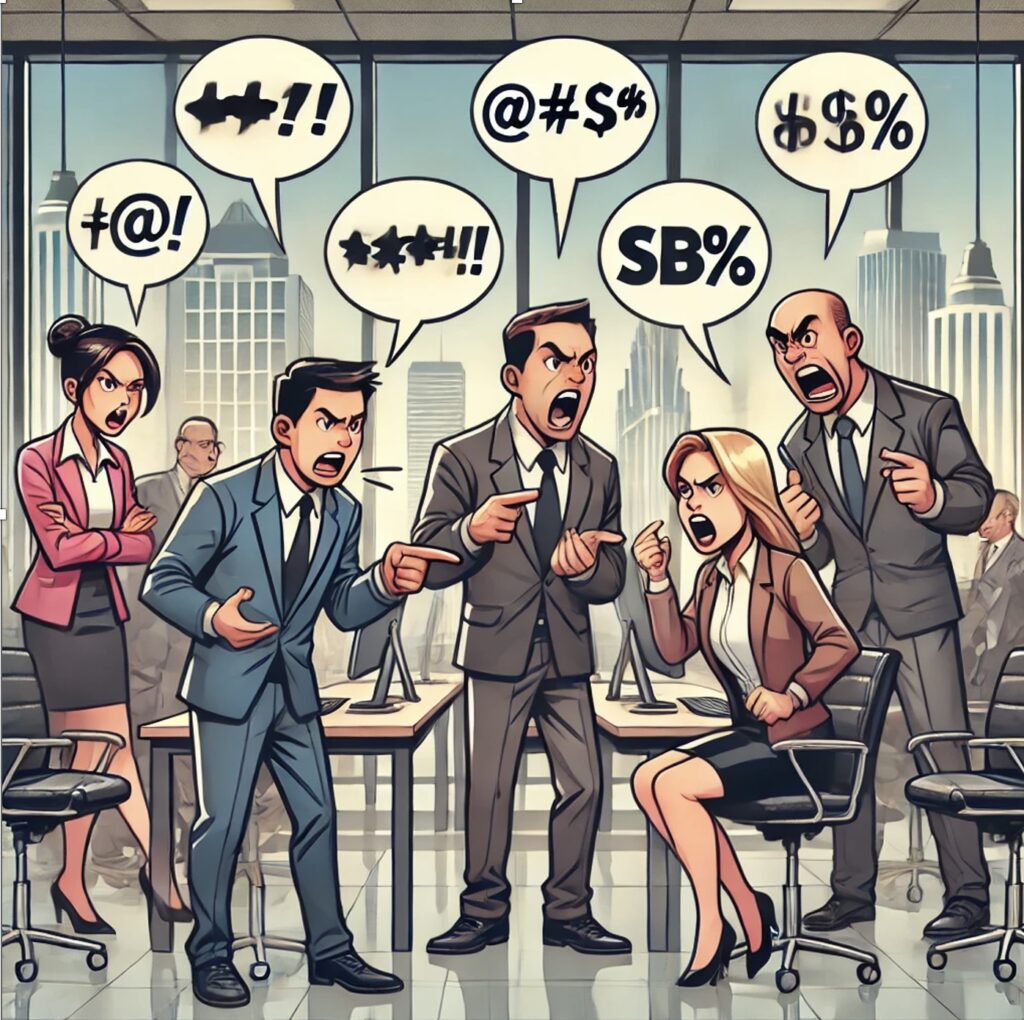
By Deborah Kops
Recently, I was chatting over dinner with Shane Abeyratne and Dan French and the conversation turned to the terms GBS leaders use that alienate stakeholders across the business.
Imagine this introduction to a key stakeholder . . .
“As the owner of this critical enterprise transformation initiative, the business case has been approved and all users will have a standardized service as described in the SLA. We will, of course, manage the change during transition. If there are any issues, the ticket system is now live”.
Our usual corporate dictionary could represent one of the biggest failures of emotional intelligence in the world of business today. Let’s unpack the implicit meanings of the 10 words we toss around as liberally as candy, forgetting that our stakeholders hear them differently to the way we do, putting up barriers to understanding and collaboration…and the ultimate release of genuine business value.
- Owner: (as in system, process, market, segment “owner”). Let’s get real; “ownership” is a belief held by people who would like to have more control than they actually do. “Ownership” implies “property” and status and is defined as “the legal right to use, possess, and give away a thing”. Is this an effort to bolster our fragile self-esteem and make ourselves feel more important? As Dan says, “you don’t own s**t!” – the enterprise owns it.
- Ticket: do we really want the needs and problems of our customers, stakeholders, participants and peers to be reduced to a ticket? “Giving me something I don’t need or want for something I need to get done”. “Ticket” feels like an abdication of responsibility to get something done.
User: “a person who uses or operates something, who takes illegal drugs, an addict, a person who exploits others”. Not a “valued colleague” or someone whose collaboration or opinion matters greatly. - Change Management: Do you really want your change “managed” by someone? It sounds very authoritarian and not really focused on how folks actually operate in the real world. Change management is like trying to organize a surprise party for a cat; you have to plan everything meticulously, make sure everyone is on board, and hope that the cat doesn’t freak out and hide under the bed. It’s all about getting everyone to accept and ultimately embrace the new and unexpected, while keeping chaos to a minimum. We tend to forget that that rigid approaches don’t always work; just like with a cat, a little bit of patience and a lot of treats can go a long way.
- SLA: defined as “the minimum level of acceptable service”. Does that make you feel proud and successful as a provider? What does the recipient of that service feel? An SLA, or Service Level Agreement, is like a pinky promise between you and your service provider. It’s that magical document where they swear on their favorite coffee mug that they’ll keep your processes running smoothly. If they break the promise, you get to give them the stink eye and grudgingly even a refund.
- Standardization: “a reliable basis to force diverse people and interests to have the same expectations about a product or service (even if they don’t).” There are benefits to a “provider” in providing standard products and services, but what about the needs of the stakeholder/customer/beneficiary?
- Transformation: “a metamorphosis or dramatic change in form or appearance” which is a fancy word for changing things for the better but can be viewed as a mantra for “over promising and under delivery” or a pejorative term that explains to everyone in ‘the business’ that what they have been doing all along isn’t good enough.
- Business Case: Pie-in-the-sky recipe which attempts to justify assumptions about people, locations, and productivity based on commonly held myths and a bit of data at any given time. Used to justify ‘transformative’ changes in business model, the business case is only a snapshot in time sometimes composed by folk who won’t be around when these assumptions and numbers are found to come up short.
- Value: Justification for spending money, usually a version of the “mythical minutes of productivity” that will never translate into substantial financial impact. Value is like the secret sauce in one of your grandma’s famous recipes. It’s that special ingredient that makes everything taste better leaving everyone wanting more. But she doesn’t share and she takes the secret to her grave. In the business world, value is what makes your product or service irresistible to customers.
- “The Business”: a term for those exalted, important people living in the real world, dealing with customers, products, suppliers, cash, and forecasts. A generic term that does little except build an invisible wall between people working for the same enterprise goals.
Remember, words matter.